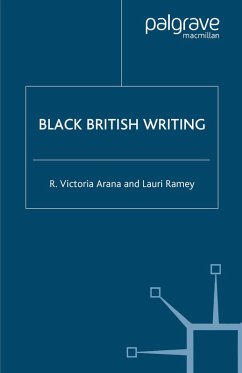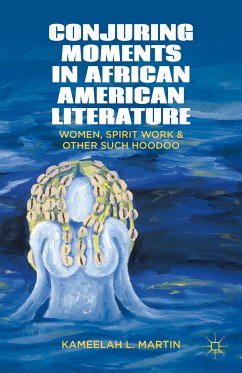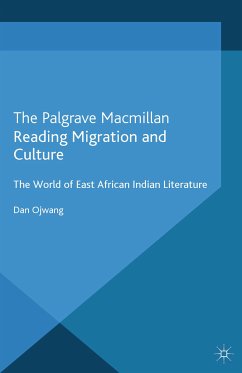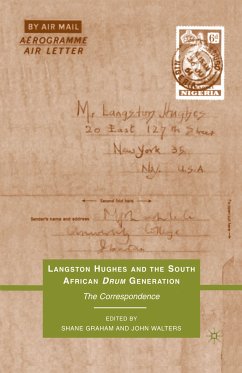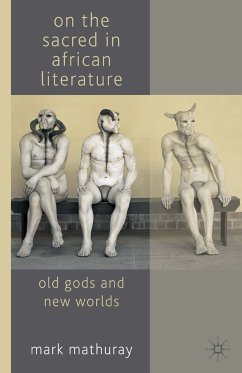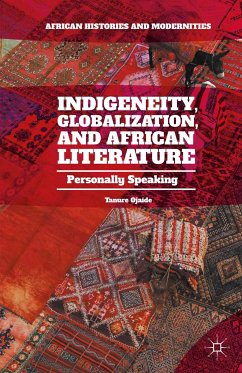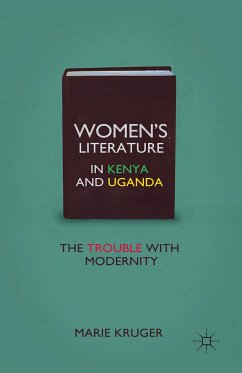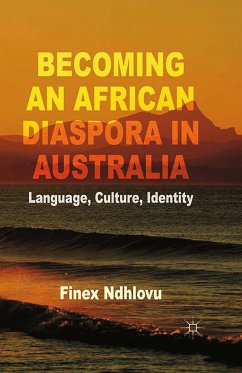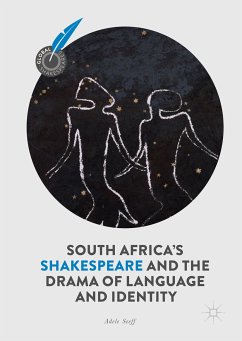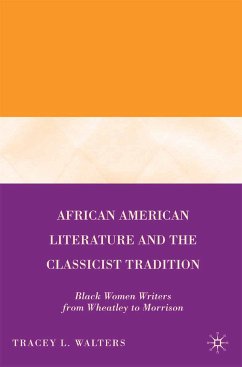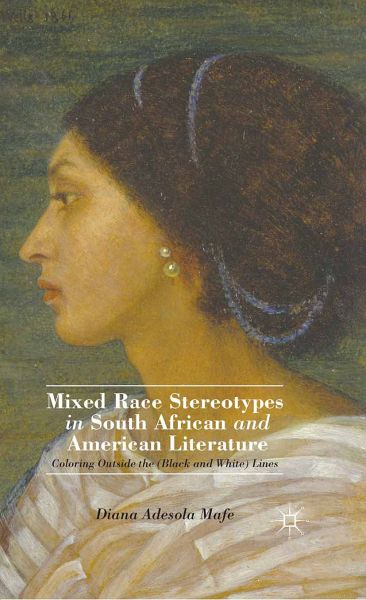
Mixed Race Stereotypes in South African and American Literature (eBook, PDF)
Coloring Outside the (Black and White) Lines
Versandkostenfrei!
Sofort per Download lieferbar
40,95 €
inkl. MwSt.
Weitere Ausgaben:

PAYBACK Punkte
20 °P sammeln!
Mixed Race Stereotypes in South African and American Literature examines the popular literary stereotype, the tragic mulatto, from a transnational perspective. Mafe considers the ways in which specific South African and American writers have used this controversial literary character to challenge the logic of racial categorization.
Dieser Download kann aus rechtlichen Gründen nur mit Rechnungsadresse in A, B, BG, CY, CZ, D, DK, EW, E, FIN, F, GR, HR, H, IRL, I, LT, L, LR, M, NL, PL, P, R, S, SLO, SK ausgeliefert werden.



